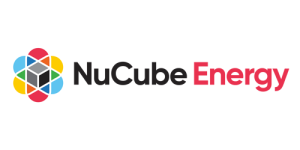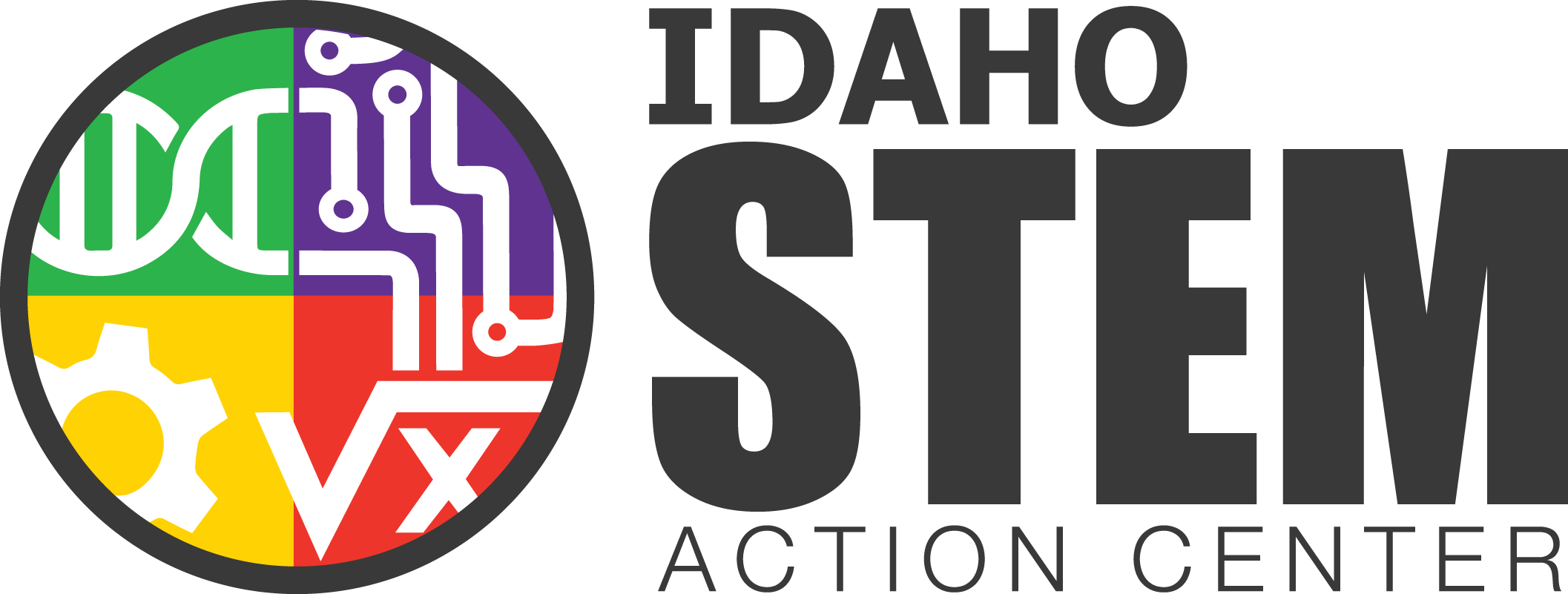Lawrance Nai at NuCube Energy

During my externship with NuCube Energy, I was tasked with supporting a renewable energy company for a small-scale solar energy installation in a local community. The project involved developing my knowledge of Python and coding so that I could help create test programming for computers to communicate with energy source, using the site’s solar potential, analyzing energy demand, and evaluating the economic and environmental viability of the proposed system. Although due to unforeseen medical incidents and treatment, I was unable to finish my externship, I learned a lot about programming and its applications for the nuclear energy industry.
Goals & Intended Outcomes:
Goals: The primary goal was to determine whether a solar installation could meet the community’s energy needs while reducing reliance on fossil fuels. Secondary goals included building community support for renewable energy and providing NuCube Energy with actionable insights to refine their project deployment strategy.
Intended Outcomes:
The project aimed to produce a comprehensive feasibility report outlining technical specifications, cost estimates, potential energy savings, and carbon emission reductions. Additionally, it sought to enhance NuCube Energy’s reputation as a leader in community-driven energy solutions and provide a replicable model for similar projects.
Impact on Career Knowledge & Teaching Style:
Career Knowledge: The externship deepened my understanding of renewable energy systems, particularly the interplay between technical design, economic constraints, and community needs. I gained hands-on experience with tools used in the energy sector, which enhanced my technical credibility. Exposure to project management and policy considerations (e.g., local incentives for renewables) broadened my perspective on career paths, from engineering to energy consulting. This experience also highlighted the importance of interdisciplinary skills like communication and collaboration, which I now see as vital for advancing in the sustainable energy field.
Teaching Style:
Reflecting on the project’s collaborative and iterative process, I now emphasize active learning and real-world applications when mentoring others. For example, I incorporate computer programming languages and PBL based on my externship project into discussions, encouraging students or peers to analyze data and propose solutions as I did. I also value self-assessment and goal-setting, inspired by the externship’s emphasis on these practices, to help learners take ownership of their development. My teaching style has become more interactive, using presentations and group exercises to mirror the dynamic workplace discussions I experienced.
Grade Level and Subject Taught: HS Math (Algebra I-Pre Calculus)

